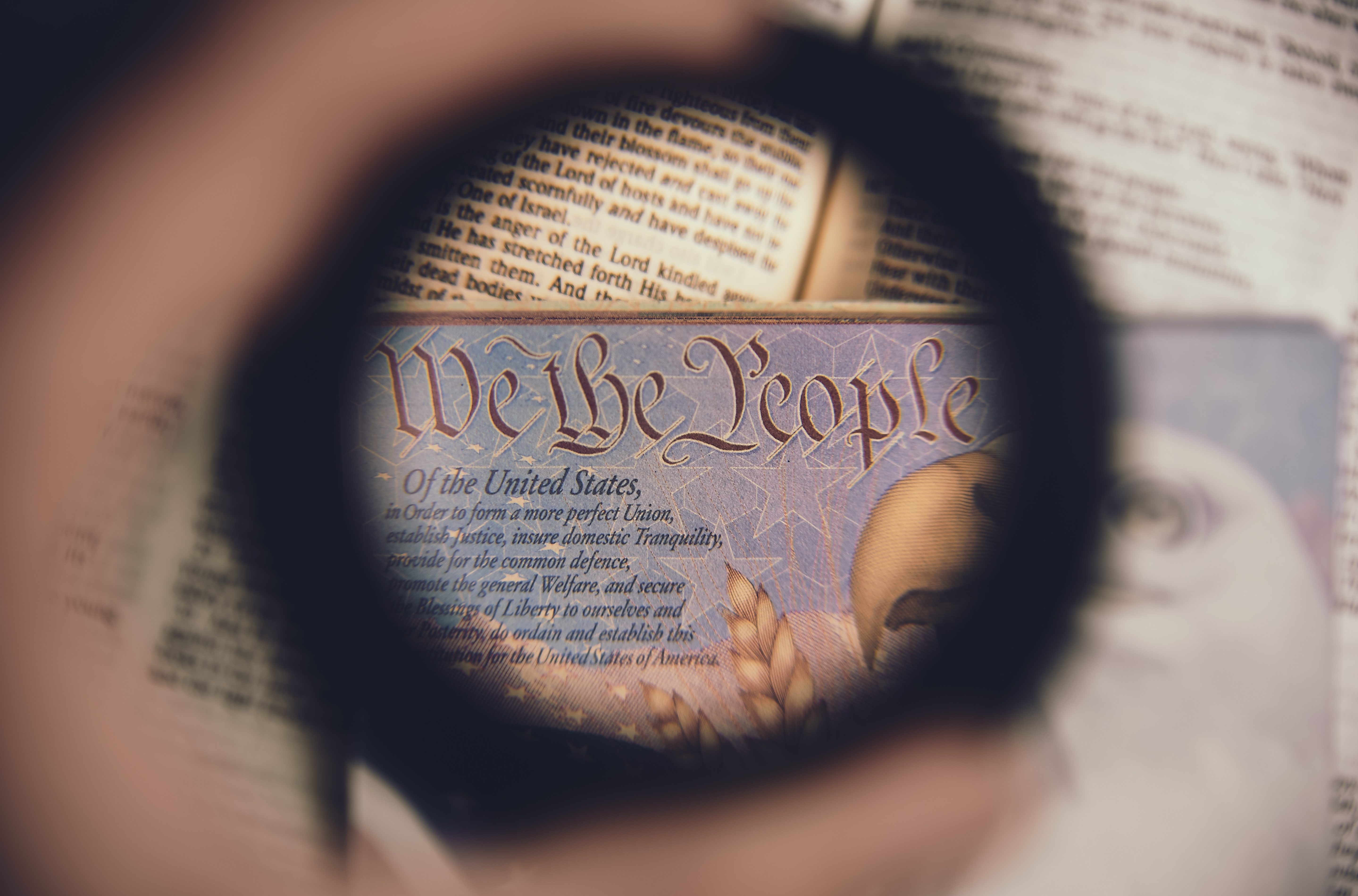
Standing up to "soft on crime" rhetoric, Virginia is working to improve the way we respond to crime in the Commonwealth.
Earlier this year, Virginia lawmakers took steps toward a more equitable justice system, raising the felony threshold for larceny from $200 to $500. For years, Virginia has been tied with New Jersey for the lowest felony threshold in the country. A young man or woman stealing a pair of Nikes could be charged with a felony—punishable by a minimum one-year sentence and a lifelong tag of felon.
"Raising the felony threshold to $500 is actually the low end of what we are seeing," said Craig DeRoche, senior vice president of advocacy and public policy at Prison Fellowship®. "Conservative leaders in states like Texas have pushed for thresholds as high as $2,500 and can effectively hold people accountable for theft using misdemeanor convictions. The states that raised the threshold have tracked the impact, and there is no example of this leading to more crime.”
When Virginia strips felons' civil rights, it burdens men and women with difficulties on top of the stigma of going to prison, and the difficulties of reentry. While Governor Ralph Northam tries to ease the process restoring rights to felons, lawmakers are changing the rules of the game, making it harder to be convicted of a felony in the first place.
Tough-on-crime proponents argue that strict sentencing and low bars of entry are crucial to creating safer communities. But Pew Trusts conducted a study in 2017 exposing flaws in this argument. According to the study, the 30 states that increased felony thresholds "reported roughly the same average decrease in crime as the 20 states that did not change their theft laws, and the threshold amounts were not correlated with property crime or larceny rates."
Reinforcing the 2017 study, Pew analyzed the effect of a 2010 law doubling the felony threshold in South Carolina. Again, property crime rates, the value of goods reported stolen, and the length of prison sentences did not increase along with the threshold amount.
Virginia's new law affects young men and women the most. Larceny convictions account for 21 percent of people committed to youth prisons in Virginia. How these young people are sentenced can have repercussions lasting long beyond their stay in correctional centers. Some studies show young people are 37 percent more likely to return to prison if they are sentenced to a year or more.
The recent increase is a small step toward justice reform, but the Commonwealth still lags far behind much of the country. Since 2000, 37 states have increased their felony threshold—including Oklahoma moving from a threshold of $50 to $500 in 2001. In 2016, Alaska became the first state to require inflation be taken into account when calculating the threshold. Virginia no longer holds the bottom spot with New Jersey, but is still ranked the third lowest along with Illinois, Kentucky, and New Mexico.
In a polarized political climate, steps like raising the felony threshold mirror Congress’ bipartisan support of other justice reforms such as the FIRST STEP Act.
“This bipartisan agreement to raise Virginia’s felony threshold represents an important move toward a more proportional system of punishment in the Commonwealth," DeRoche said. "For years, Prison Fellowship has championed this reform in our home state, and we count it as an indication of more bipartisan partnership to improve Virginia’s justice system in years ahead.”
JUSTICE THAT RESTORES
With more than 40 years of experience helping restore men and women behind bars, Prison Fellowship advocates for federal and state criminal justice reforms that transform those responsible for crime, validate victims, and encourage churches and communities to play a role in creating a safe, redemptive, and just society.